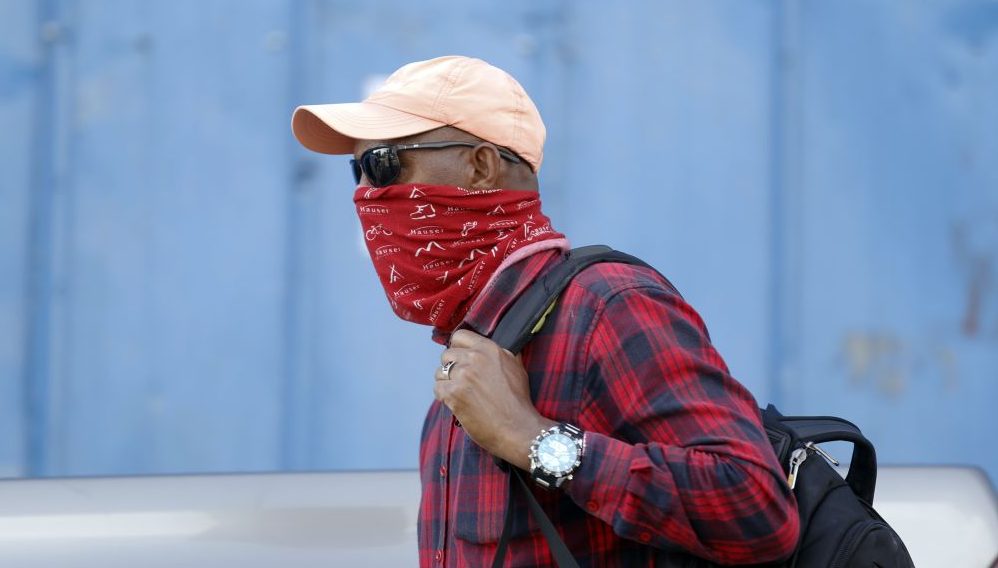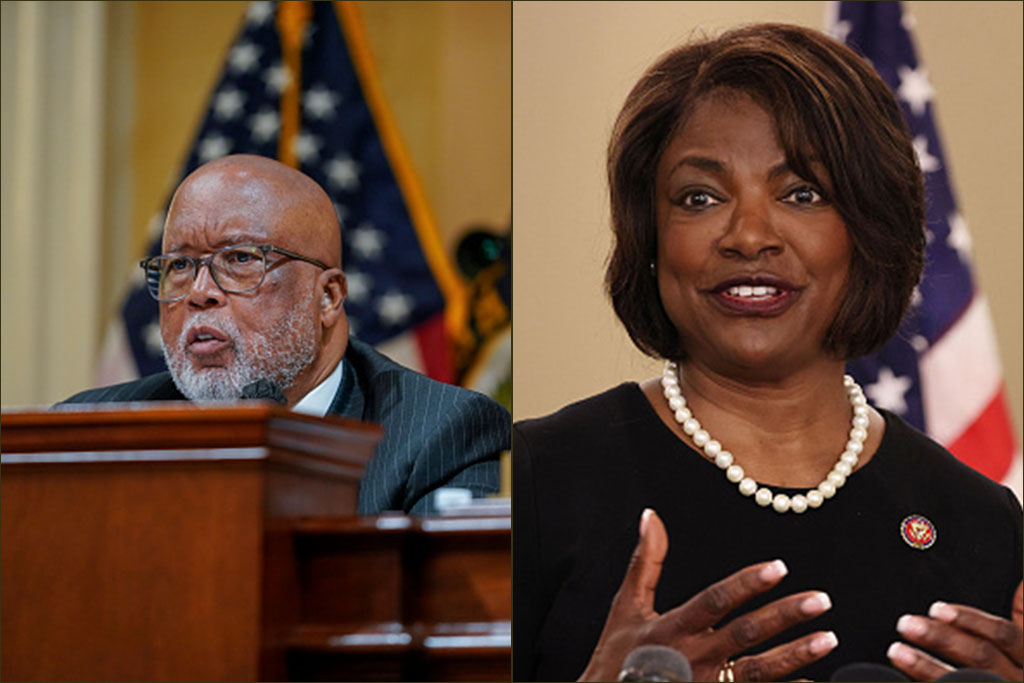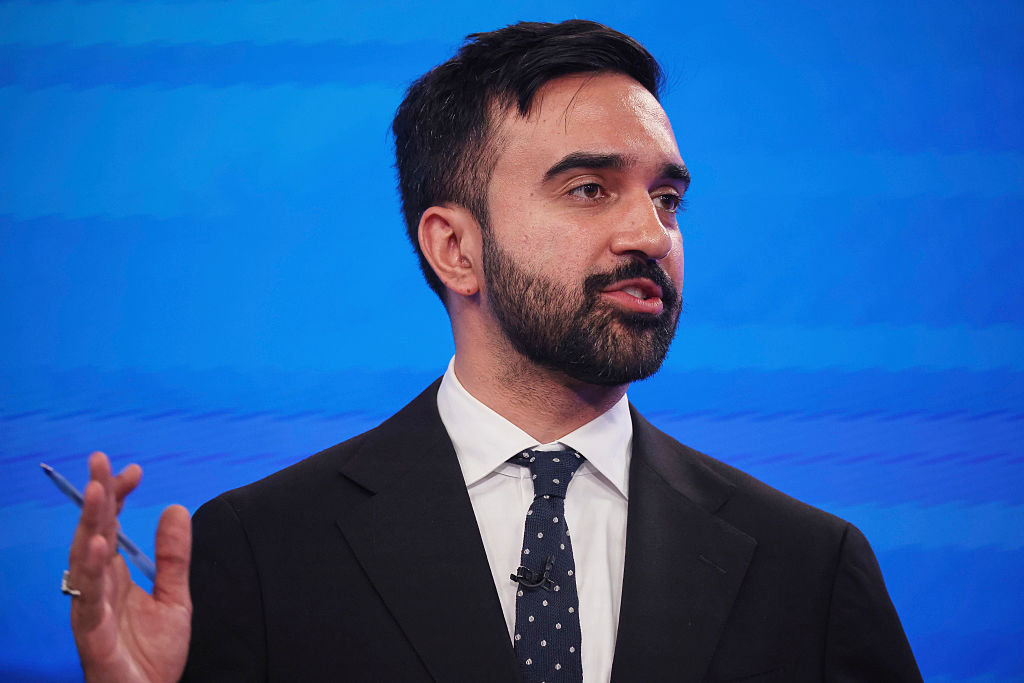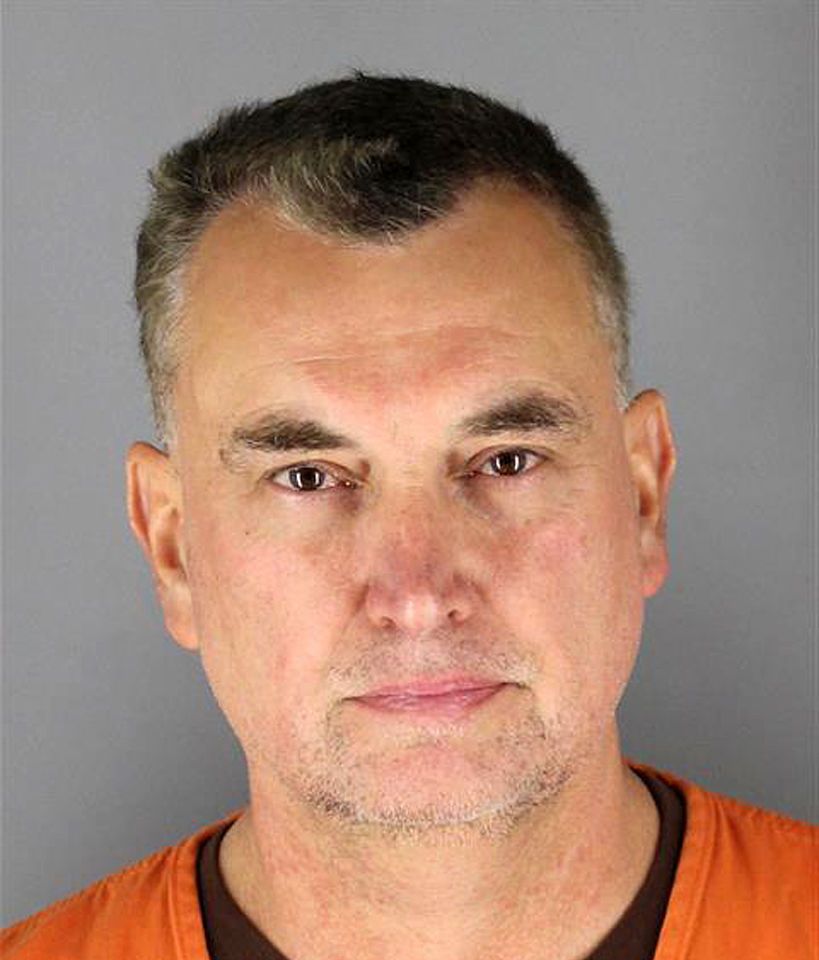Black People's Face Mask Racial Profiling Anxieties Confirmed By Walmart
Black People’s COVID-19 Anxieties About Covering Faces Proven Right With Racial Profiling Reports

Source: Anadolu Agency / Getty
With new guidelines by the Centers for Disease Control (CDC), Americans are now encouraged to cover their face as a way to slow the spread of the coronavirus disease 2019 (COVID-19). However, such suggestions have very serious implications for Black people, and this is being proven with recent reports of racial profiling.
Just last month, two Black men wearing surgical masks captured themselves on video being followed by a police officer as they departed a Walmart in Illinois. “He just followed us from outside, told us that we cannot wear masks,” one of the guys said in the video posted on YouTube, which shows the cop walking behind the two guys with a hand resting on his gun. “The coronavirus is real. This police officer just put us out for wearing masks and trying to be safe.”
The men described the encounter to The Telegraph as “terrifying” and said they felt the officer was stalking them as if they were “prey.” The incident is currently being investigated, Wood River Police Chief Brad Wells told The Washington Post. The local NAACP is also assisting with the investigation after the video garnered more than 195,000 views.
Wells explained that the police officer approached the men outside the Walmart on March 15 because he “believed the two individuals to be acting suspiciously.” He asked for their identification and incorrectly told them that city ordinance prohibited the wearing of masks, Wells said.
“This statement was incorrect and should not have been made,” Wells explained in a written statement. “The city does not have such an ordinance prohibiting the wearing of a mask. In fact, I support the wearing of a nonsurgical mask or face covering when in public during the COVID-19 pandemic period.” Wells continued that the men refused to show their IDs and “left the store of their own volition.”
Teresa Haley, president of the NAACP’s Illinois conference, called the incident racial profiling and warned that similar ordeals would occur as more people enter the public with homemade face masks.
“Next they are going to say that they thought you were going to rob something or they feared for their life,” Haley said. “It’s going to lead to a bigger problem. It used to be driving while black, walking while black and now it’s this other thing — wearing a mask while black. These are conversations we need to be having.”
The Walmart incident is one example that validates Black people’s fear of covering their faces, and the discomfort stretches across the country. Fifty-three-year-old Kip Diggs, a marketing consultant in Nashville, spoke to The Washington Post about wearing a baby blue bandana as a mask when out in public.
“As an African American man, I have to be cognizant of the things I do and where I go, so appearances matter,” Diggs said. “I have pink, lime green, Carolina blue so I don’t look menacing. I want to take a lot of that stigma and risk out as best I can.”
In Little Rock Ark, Rev. Cory Anderson, a 50-year-old chief innovation officer for the Winthrop Rockefeller Foundation, wore a black mask with white lettering reading, “Prince of Peace,” “Lamb of God” and “King of Kings.” However, even the nods to Jesus couldn’t subdue the worries Anderson had of being a Black man with a mask.
“At one point I looked in my car mirror and I had the mask on, which was black, and a hoodie on, which was black, and I thought, ‘Okay, this is not necessarily a good look,’” said Anderson. Ultimately, he decided to take off his hood, he said, “because it felt like it was too much, from a visual standpoint.”
“My unease at getting out and walking around in public like that is really a symptom of a bigger issue that our country has with criminalizing people of color,” Anderson explained.
“There should be people reassuring us that it’s okay to go out with a mask on,” Anderson said in reference to police officers and community leaders being more intentional with their messaging. “Black and brown people shouldn’t be afraid to wear masks, and they should have access to them.”
Michael Jeffries, a Wellesley College sociologist whose research focuses on racism and culture, said the government shouldn’t expect universal compliance with certain health guidelines, considering the racial politics and history of this country.
“Black folks can’t even wear hooded sweatshirts without being accused of being criminals,” said Jeffries, noting the 2012 killing of 17-year-old Trayvon Martin by a neighborhood watchman. “To issue guidance like this without any historical awareness — especially given recent and traumatic history — it’s going to be hard for people to follow that advice considering the consequences, which are literally deadly.”
















